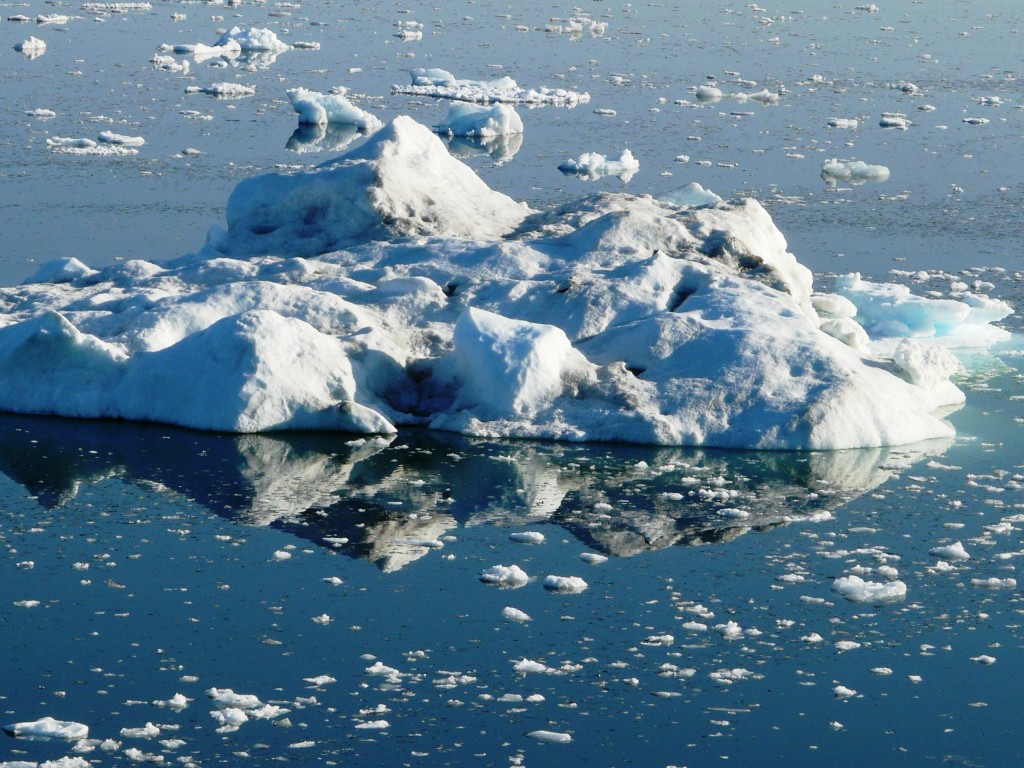Ice Blog back online!
Apologies for the absence of icy news on the blog over the past three months. I was collecting new stories and pictures of glacier development in the Swiss Alps during a hiking holiday and unfortunately slipped on some ice. It has taken me three months to recover, but before that I did take plenty of pictures, some of which will be appearing on the blog at some point in the next few weeks. I first visited that particular area in 1984, so have photos as well as memories of the glaciers as they looked then, and now. A comparison shows major changes. Many areas which were then iced over are now completely ice free.
In the meantime, of course, there has been no shortage of news and stories in the world at large relating to the polar regions and climate, including the annual sea-ice minimum measurements and the IPCC report.
As for the sea-ice measurements, the scientists from Germany’s Alfred Wegener Institute say the fact that the sea ice covered a bigger area than last year does not mean the ice pack is recovering. Its extent is still very low compared to the long-term average, and is in line with an overall trend towards less of the stable, thicker multi-year ice. A new study published this week suggests the Arctic will be ice-free in summer within 25 years. See this summary and context from the Climate News Network: Ocean damage is worse than thought.
The IPCC report includes a lot more data on developments at the poles, which was lacking in the last report. Ice melt from the Greenland and Antarctic ice sheets are shown to be playing a much greater role in increasing sea levels than previously thought. There’s a brief summarizing article on the DW environment page.
More on the “state of the ice” in the coming week. Please look out for regular posts from your Ice Blogger again from now on. It’s great to be back in action.


















Feedback